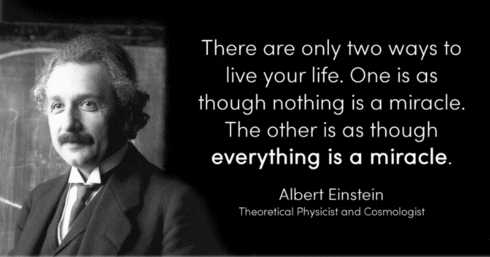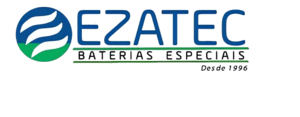No Blog Eletrônica de Potência você encontrará informações sobre teses,artigos,seminarios,congressos,tecnologias,cursos,sobre eletrônica potência. “TEMOS O DESTINO QUE MERECEMOS. O NOSSO DESTINO ESTA DE ACORDO COM OS NOSSOS MERITOS” ALBERT EINSTEIN. Imagination is more important than knowledge, for knowledge is limited while imagination embraces the entire world. EL FUTURO SE CONSTRUYE HOY,EL SUCESSO NO ES FRUTO DE LA CASUALIDAD,SE HUMILDE ,APRENDE SIEMPRE CADA DIA.
AUTOR DO BLOG ENG.ARMANDO CAVERO MIRANDA SÃO PAULO BRASIL

.gif)
“GRAÇAS A DEUS PELA VIDA,PELA MINHA FAMÍLIA,PELO TRABALHO.PELO PÃO DE CADA DIA,POR NOS PROTEGER DO MAL”
“SE SEUS PROJETOS FOREM PARA UM ANO,SEMEIE O GRÂO.SE FOREM PARA DEZ ANOS,PLANTE UMA ÁRVORE.SE FOREM PARA CEM ANOS,EDUQUE O POVO”


https://picasion.com/


Mostrando postagens com marcador zero current detection Electronics and Computer Engineering. Mostrar todas as postagens
Mostrando postagens com marcador zero current detection Electronics and Computer Engineering. Mostrar todas as postagens
sexta-feira, 3 de janeiro de 2014
A Continuous Conduction mode/Critical Conduction Mode Active Power Factor Correction Circuit with Input Voltage Sensor-less Control
Abstract An active power factor correction (PFC) circuit is presented which employs a newly proposed input voltage sensor-less control technique operated in continuous conduction mode (CCM) and critical conduction mode (CRM). The conventional PFC circuit with input voltage sensor-less control technique degrades the power factor (PF) under the light load condition due to DCM operation. In the proposed PFC circuit, the switching frequency is basically 70KHz in CCM operation. In light load condition, however, the PFC circuit operates in CRM and the switching frequency is increased up to 200KHz. So CCM/CRM operation of the PFC circuit alleviates the decreasing of the PF in light load condition. The proposed PFC controller IC has been implemented in a 0.35μm BCDMOS process and a 240W PFC prototype is built. Experimental results shows the PF of the proposed PFC circuit is improved up to 10% from the one employing the conventional CCM/DCM dual mode control technique. Also, the PF is improved up to 4% in the light load condition of the IEC 61000-3-2 Class D specifications.
DOWNLOAD FULL PAPER LINKS
https://www.mediafire.com/?21j1gpjbrm9tki6
http://www.koreascience.or.kr/search/articlepdf_ocean.jsp?url=http://ocean.kisti.re.kr/downfile/volume/ieek/DHJJQ3/2013/v50n8/DHJJQ3_2013_v50n8_151.pdf
Assinar:
Comentários (Atom)


